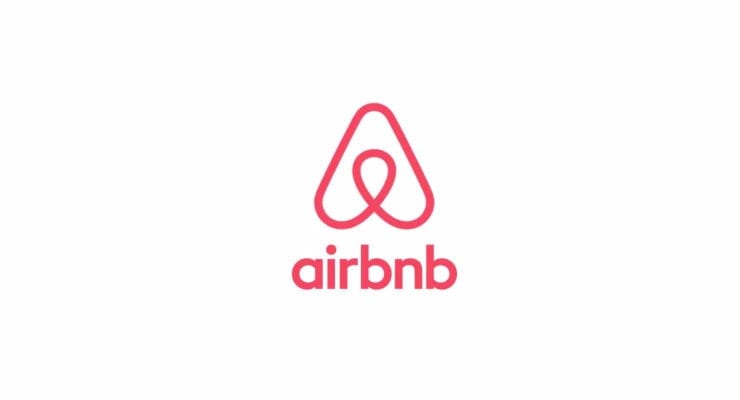Rental Market and Airbnb -Sworn Enemies?
Airbnb: the online marketplace and hospitality service that has, undeniably, revolutionised the manner in which consumers seek out hospitality services and short-term lodgings.
However, as is the case with all things revolutionary, it’s rocked the boat somewhat, with property experts and commentators from all levels of the industry, witnessing an increasing number of Landlords removing their properties from the traditional rental market, over to Airbnb.
This has, in turn, triggered concerns regarding the future of the rental market as we know it, with a decrease in the number of properties available for long-term rental driving up the cost of those that remain on the market.
Policy Director of the Royal Landlord’s Association (RLA), David Smith, suggests that this policy ‘will only serve to hit the hardest, those young people and families who most need a growing private rented sector to meet their needs.’ This issue is particularly pertinent in London, where there is already a notable shortage of properties available for rent.
So far, little has been done in the capital to regulate the use of Airbnb, with some onlookers suggesting that the government’s introduction of £1000 tax-free income allowances for online activities, of which Airbnb qualifies, encouraging the ‘micro-entrepreneurship’ of hosts.
In addition to this, the RLA suggest that recent changes to mortgage interest relief, meaning landlords are taxed on their income as opposed to profit, also acts to incentivise landlords to favour the use of their properties as holiday lets, as opposed to longer term rental properties. Amongst landlords themselves, 36% have cited this as the primary reason for their move to Airbnb.
However, those offering counter-arguments, including Murray Cox, founder of ‘Inside Airbnb,’ a website which seeks to uncover and share the statistics about the platform, assert that citing Airbnb as ‘the cause of housing issues…is taking it too far,’ as these cities were already renowned for their expense. To this extent, it seems plausible to suggest that Airbnb functions as something of a scapegoat- a point of blame for those dissatisfied with the inevitable, and ever increasing, costs of living in London.
The luxury market continues to see a rise in this issue with even companies who work exclusively as Mayfair Agents, seeing a rise in landlords exchanging standard rental agreements for Airbnb earning potential. This issue is particularly relevant when applied to the Royal Borough of Kensington and Chelsea, where the rental market is particularly stagnant. This is demonstrable by the average time in which properties remain on the market in some of West London’s most elite neighbourhoods- on average 107.9 days.
Holding Airbnb responsible for exacerbating this problem, officials within the borough are in discussion regarding the implementation of a licensing system for those who wish to let their properties via Airbnb.
Airbnb argues that it’s strength is in its provision of ‘economic empowerment by bringing real benefits to regular people who share their home.’ This is certainly true in the case of landlords with properties further out of central London, many of whom use the platform as a means of increasing annual income or paying bills. However, it may be a little naïve to suggest the same is true of Landlords who use the platform as a means of renting properties on a longer-term basis.
Currently, the largest stumbling block, for both side of the argument, is a lack of compelling evidence. Airbnb refuse to release official data that might point more definitively to their impact on the current rental market. This means much of its criticism is rooted in speculation and estimation. Whilst Airbnb and its impact on rental markets are far from perfect, its achievements and drive for change should be acknowledged and welcomed, as opposed to being feared.









